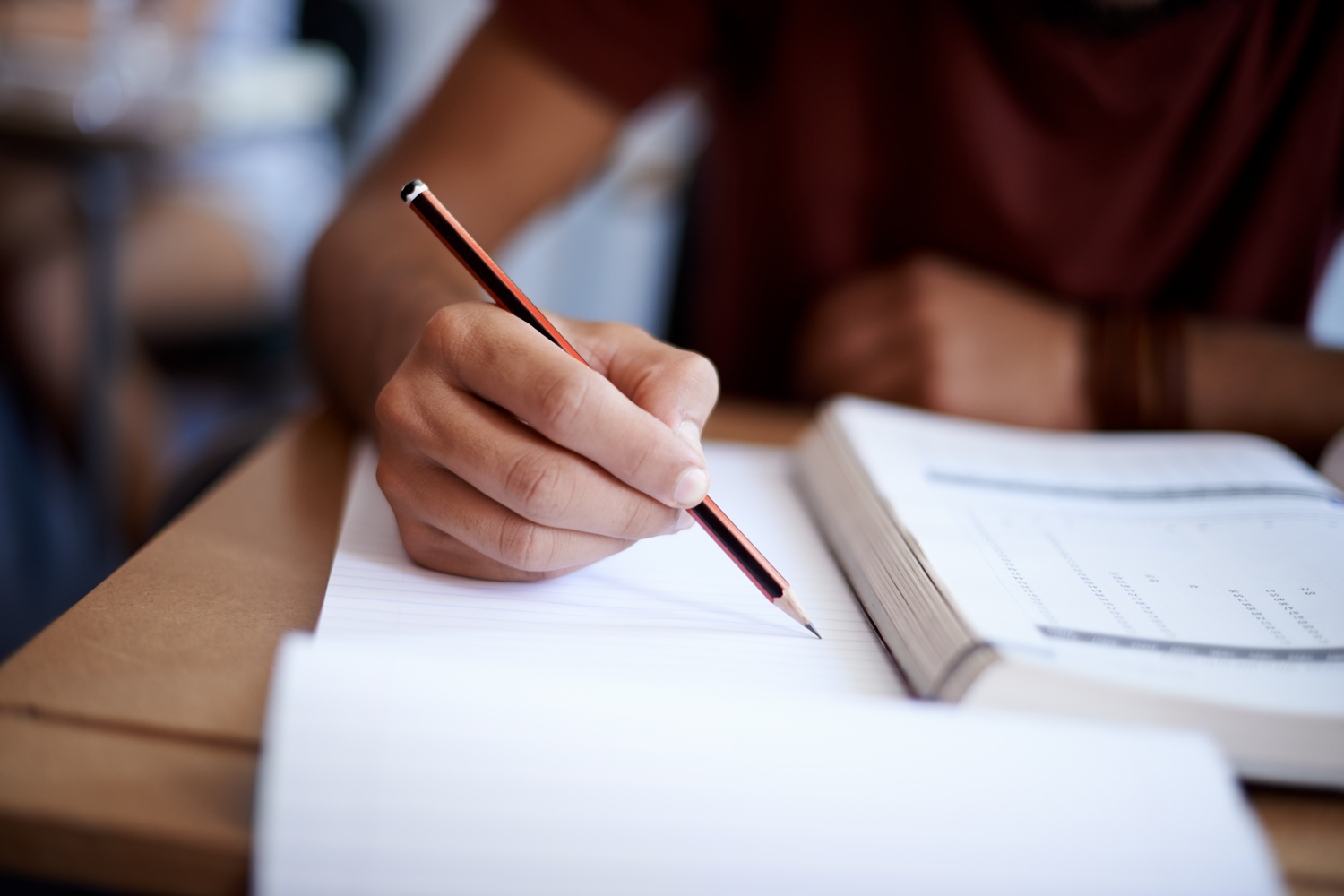People tend to hold rather favorable views of their own abilities, both in absolute and relative terms. Such upwardly biased self-views may have important economic consequences, not just for firms with overconfident managers. When individuals invest in human capital early in life, biased beliefs about academic skills may be related to mistakes and mismatches in schooling choices that are hard to reverse, with potentially long-lasting consequences for labor market outcomes.
In a new IZA discussion paper, Matteo Bobba and Veronica Frisancho analyze how students update their beliefs in response to performance feedback. The authors ran a field experiment in Mexico City, providing randomly chosen ninth-graders with individualized feedback on a mock exam preceding a high-stakes admission test which regulates access to public high schools.
To understand the effect of this feedback, the researchers elicited beliefs about own ability – both before and after the mock exam. The data show that prior beliefs were relatively inaccurate, especially for low-performing students. Only eight percent of the students scored better in the mock test that they had previously assumed.
High-performing students are more effective at updating their beliefs
Individual feedback led to a more realistic self-assessment, but not to the same extent for everyone. Students from a favorable socioeconomic background, especially those who attended better schools, processed the new information more effectively. Also, boys were better at updating their beliefs than girls.
These findings may have important implications for the design and targeting of policy interventions aimed at disseminating information among youth on the verge of important schooling decisions. While enabling students to better assess their own ability, feedback may also increase inequality by gender or socioeconomic status if it helps some groups of students more than others.
